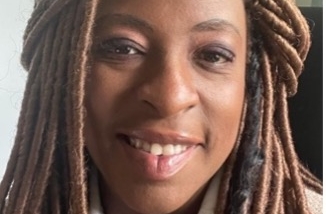Tax Justice Network Africa
For The Development Of A Strategic Plan For The Nawi - Afrifem Macroeconomics Collective
-
Amount$50,000
-
Program
-
Date Awarded6/6/2022
-
Term12.0 Months
-
Type of SupportProject
Strategies
About the Grantee
Grantee Website
www.taxjusticeafrica.net
Address
Jaflo Brookside, House no. 3
106 Brookside Drive, Nairobi, Kenya
Grants to this Grantee
for support of Nawi’s thinking hub on social reproduction and care economies in Africa
Nawi – Afrifem Macroeconomics Collective and the Makerere Institute of Social Research (MISR) are co-creating a thinking hub to develop an African feminist theory and narrative of the care economy. The knowledge produced through the hub will contribute to broader decolonized theorizations on social reproduction from an African and Global South vantage point. This grant to Tax Justice Network Africa, which serves as the fiscal host for Nawi, will establish the thinking hub and enable Nawi and MISR to invest in institutional strengthening. (Strategy: International Women's Economic Empowerment)

